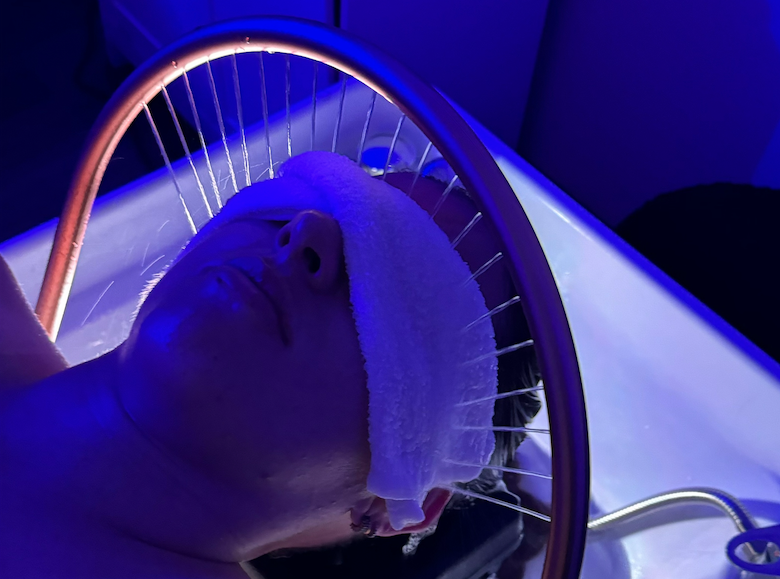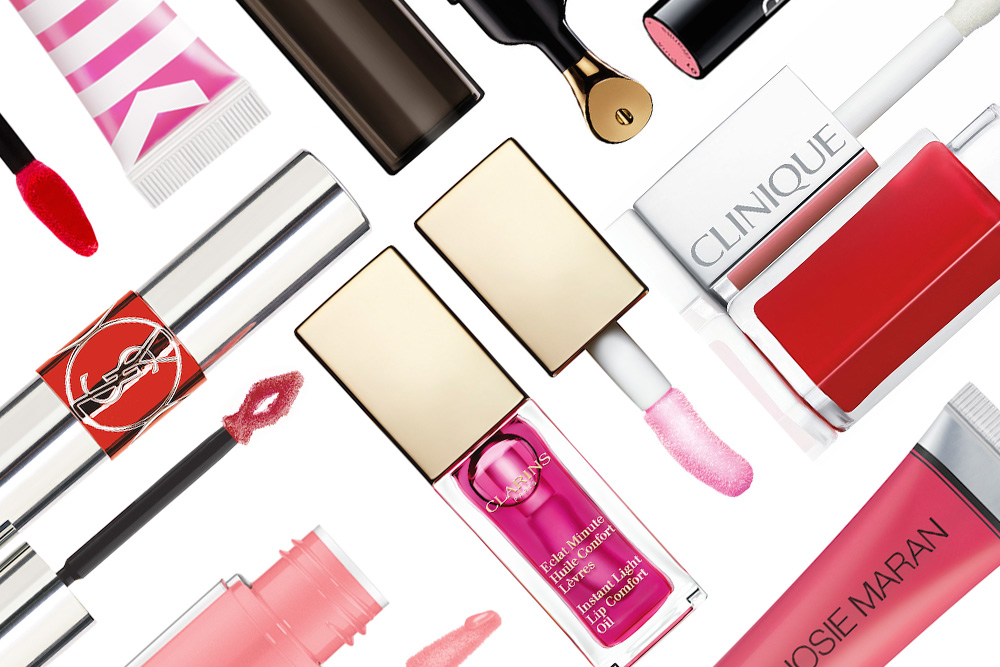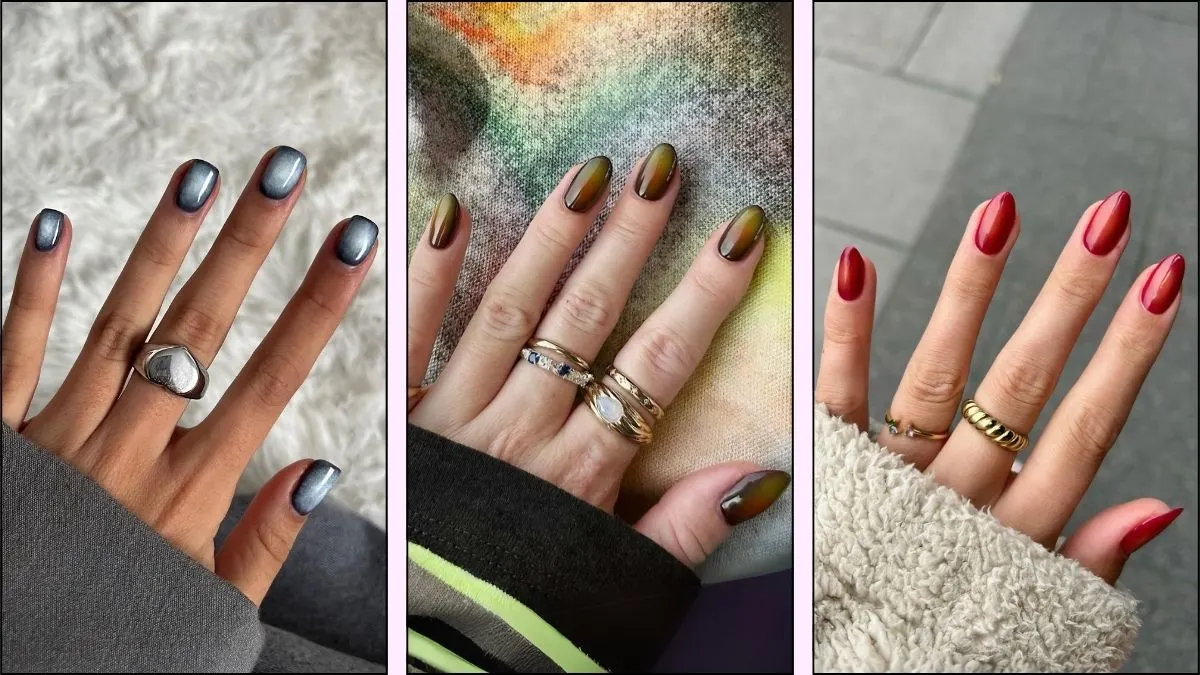Dry skin, rough skin, oily skin… and don’t forget acne! We’ve all been there. Keeping your skin clean, healthy, and glowing can be difficult, especially when there are so many different skincare techniques and products out there. How can you even begin to narrow down what your skin needs? No matter what type of skin you have, there are five skin care techniques that everyone should know. When you develop a skin care routine with these techniques, you’re sure to see improvements in your skin’s health.
Moisturize

Okay, so this one might be a given–but it’s an important skin care technique! Daily moisturizing of the face is crucial to keeping your skin healthy and blemish free. Using a moisturizer on your face keeps your skin hydrated, which in turn means no ashy or flakey skin. Having hydrated skin protects it from harsh elements like cold, dry air. It’s best to moisturize one to two times a day, morning and/or night. When you moisturize right after a shower, your skin will lock in that moisture better.
There are many different moisturizers out there, and some will work better, depending on your skin type. It’s best to not use harsh lotions that are meant for other parts of the body, like a fragrance heavy Bath & Body Works body lotion. Facial skin is sensitive and can be delicate, so don’t grab just any kind of moisturizer–make sure it can be used on the face with no irritation. Always check the ingredients first in case of any allergens that may be present. We want you to have hydrated skin, but we also want everyone to be healthy and safe.
Exfoliate

The second super important skin care technique on our list is exfoliation. To exfoliate the skin means to slough off dead skin cells to achieve a smoother feel and a brighter look. You can use an exfoliation brush, sponge, glove, or scrub product; each one has its own perks, but ultimately it’s up to your preference. A good routine is to exfoliate two to three times a week. Exfoliation at night is often recommended, especially for those who wear makeup, because it can help clean out the skin.
It’s best to moisturize after you exfoliate. After ridding the skin of dead, rough skin cells, it will feel and look smoother and more supple. Applying moisturizer right after exfoliation helps to not only preserve that fresh look, but also keep your skin healthy. Certain skin types and skin conditions can affect how and when you should exfoliate, so make sure you know your skin type well and you know what products are safe.
Apply Topical Vitamins
Our bodies run on vitamins and minerals that we take in when we eat; they’re necessary for us to be healthy. It’s actually the same for our skin! Skin needs certain vitamins to be healthy, so our third skin care technique that everyone should know is applying topical vitamins to your skin. Vitamin rich skin care products help make skin glow, prevent lines and wrinkles, coloring, and dryness.

Some of the best vitamins for your skin are A, C, and D. Vitamin A often comes in the form of retinol, which, when used topically on the face, promotes collagen production. Vitamin C also boosts collagen, which is naturally found in the skin and affects skin hydration, color, and wrinkles. There is a whole science behind vitamins and skin care, and an education at Multimedia Makeup Academy of Esthetics, Cosmetology, and Special FX can teach you everything you need to know when you enroll in the esthetics program.
Wear SPF

Our next skin care technique that everyone needs to know is wearing SPF daily! Most people don’t know that SPF isn’t just for when you’re out on the beach. SPF stands for “Sun Protection Factor,” which is how long you can be under the sun before its UV rays start to redden your skin. So, if you used SPF 15, it will take 15 times longer for you to get sun burnt than if you wore no SPF.
When you wear SPF daily, you’re keeping your skin healthy because SPF helps to prevent sun damage and skin cancer. You’re exposed to the sun and its UV rays just about everywhere every day. Your skin can even be affected by the sun just driving to work or standing next to your window on a sunny day. Make sure to include a skin care product with SPF with your routine skin care techniques to keep your skin healthy and safe.
Keep Things Clean

Finally, keep everything clean! Your face, your hands, your makeup brushes, your washcloths. So many things touch your skin every day, and it’s impossible to know what kind of germs or bacteria are on these everyday items. First, always wash your face. Just like with exfoliants and moisturizers, make sure that whatever face cleanser you use is safe for your type of skin and won’t cause any sort of allergic reaction. Second, washing your hands frequently not only keeps your whole body healthy, but it can help prevent your skin from breaking out. We touch our faces all the time, sometimes without even realizing it, so keeping hands clean means less dirt and germs we’re putting on our skin.
Once your face and hands are clean, take care of any other objects that touch your face frequently. Washcloths and towels should be cleaned after every use. Pillow cases should also be changed every few days, too. Our faces spend so much time on our pillows, so the cases collect oil, grease, dirt, and makeup, and it all sits on our skin while we sleep. Lastly, makeup brushes should also be cleaned frequently because build up on the brushes can breed bacteria or further clog the pores on the face.
Cleaning, exfoliating, moisturizing, and applying SPF and topical vitamins are five skincare techniques that everyone should be doing. Having glowing and smooth skin is great, but keeping it healthy and clean is just as awesome. When creating your skin care routine, be sure to include each of these techniques, but be careful not to layer on dozens of creams and serums, because too much can be harmful.









